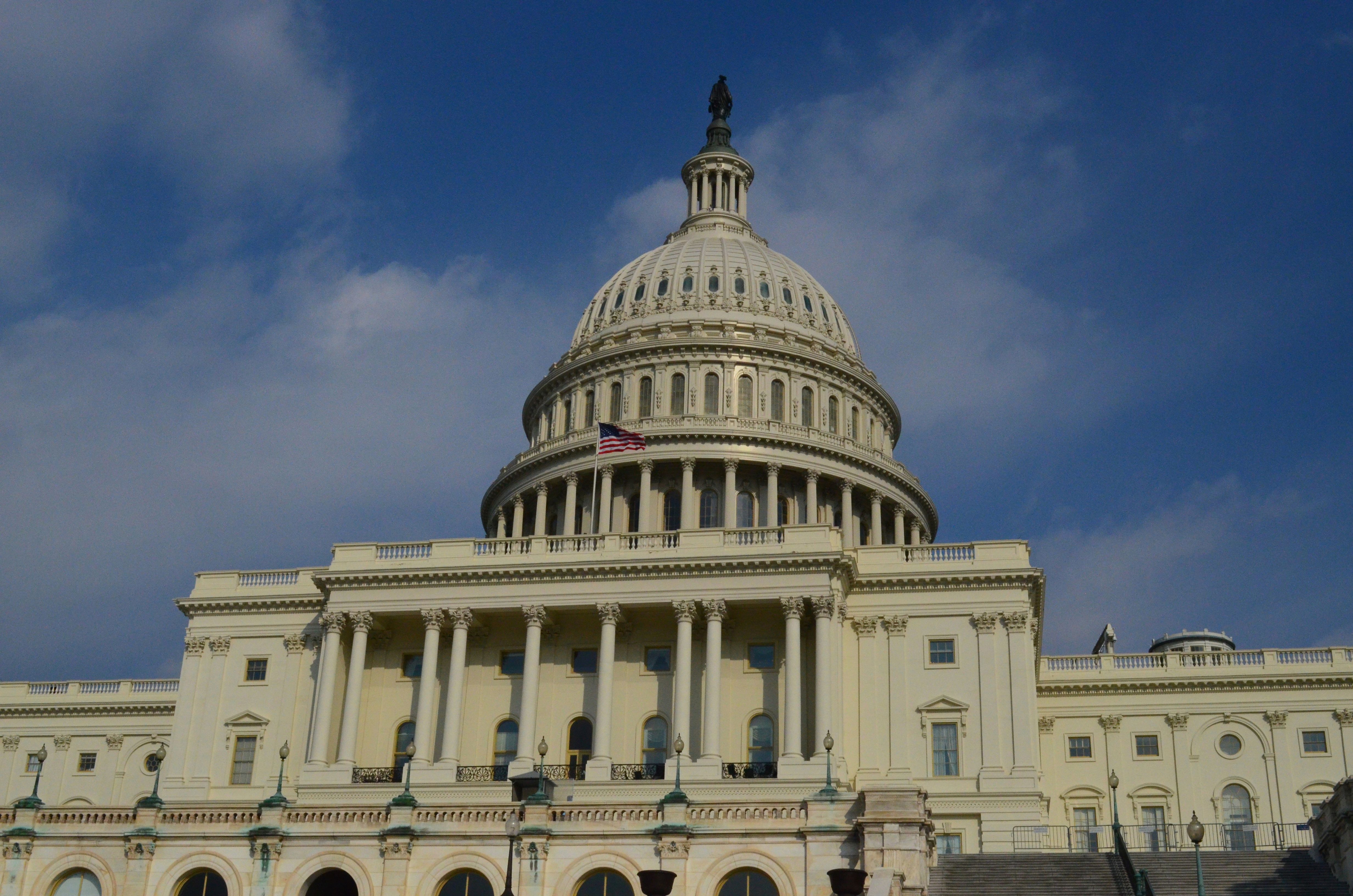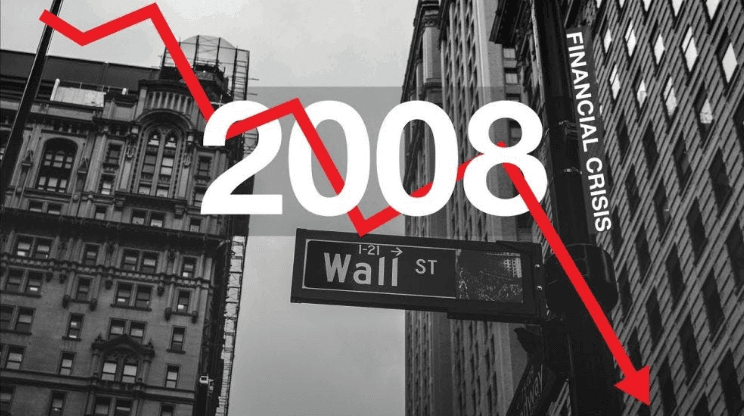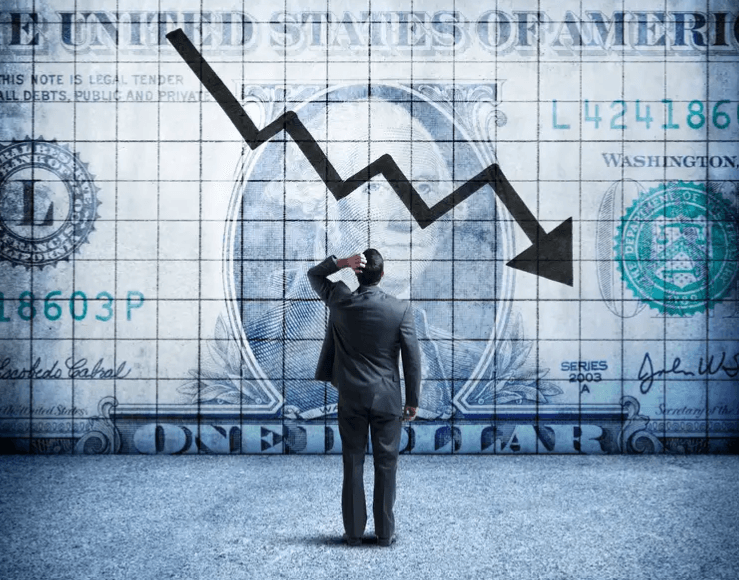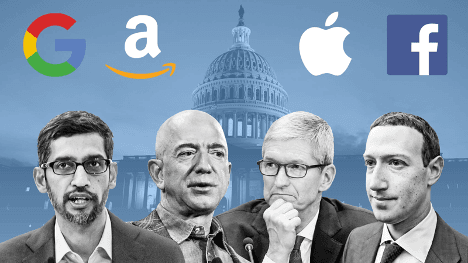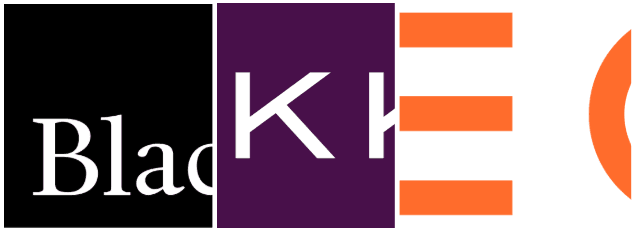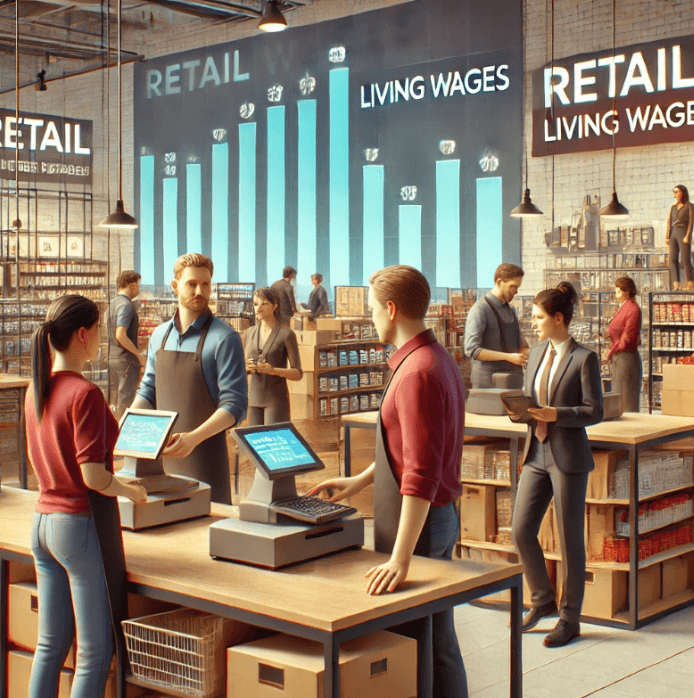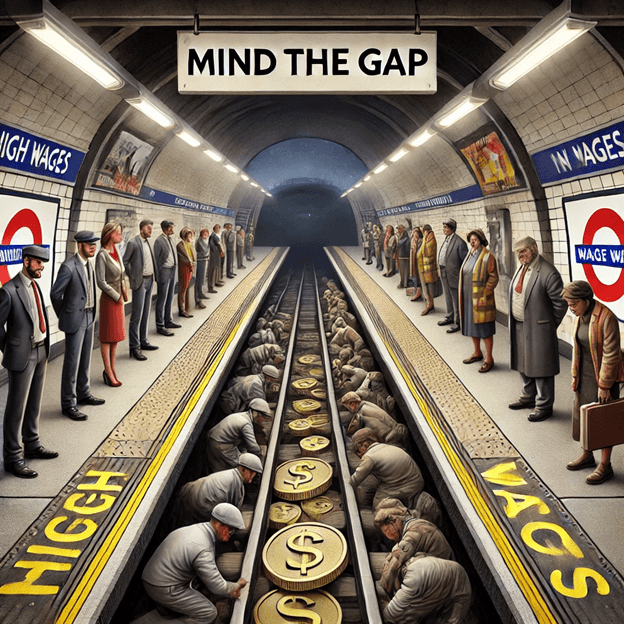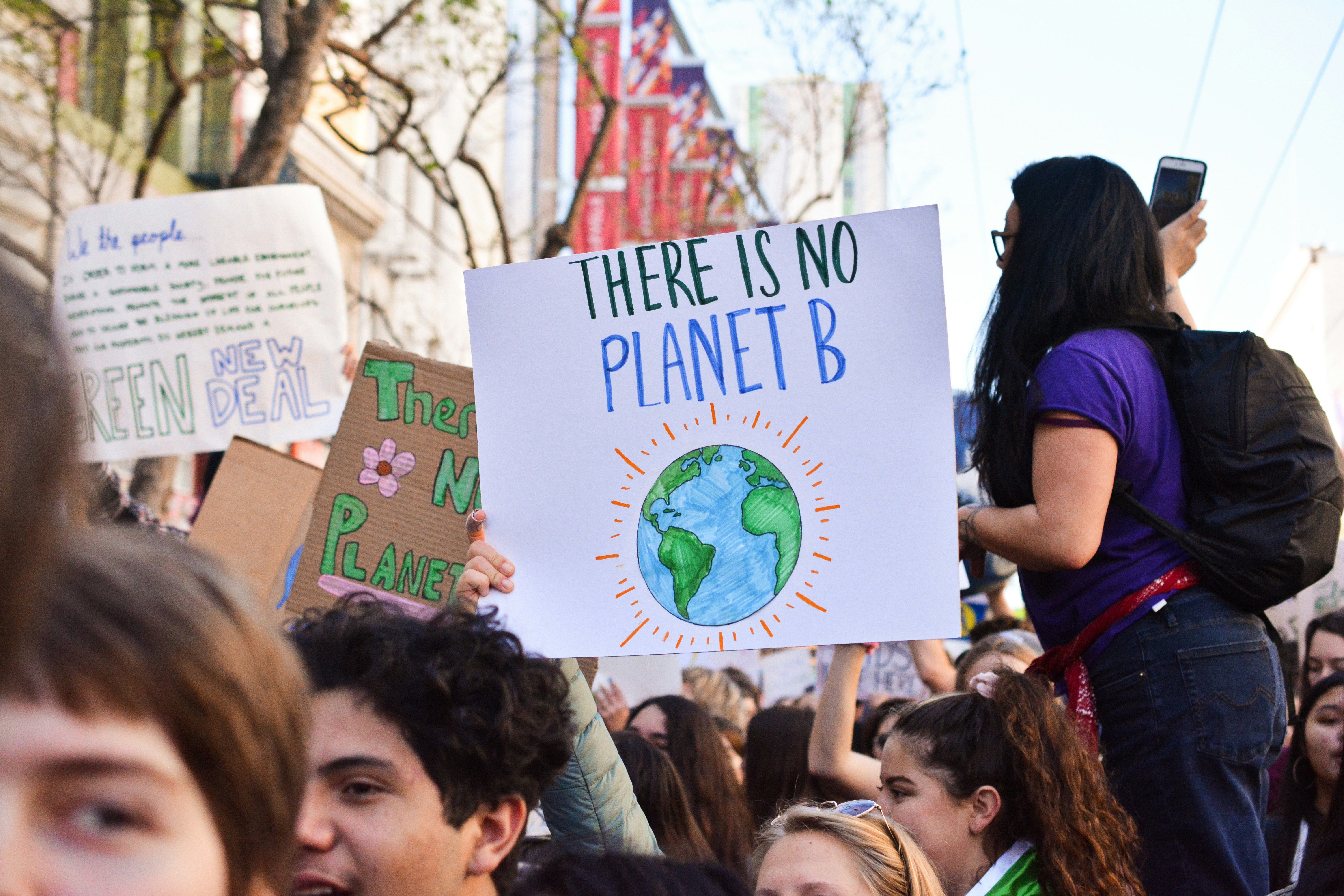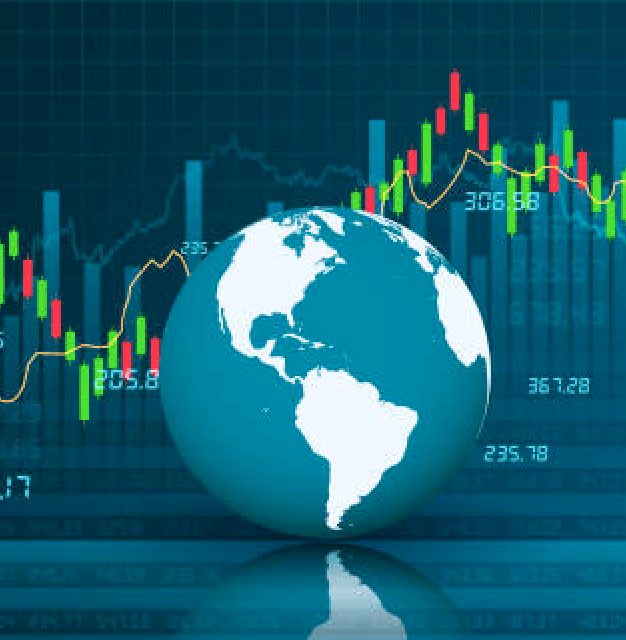Data centers are reshaping electricity systems and utility costs for both operators and households, especially in regions with intense AI and cloud computing growth. As their electricity demand soars, regulators, utilities, and communities are struggling to decide who should pay for the required grid upgrades and new generation capacity...
On February 1, 2023, Meta's stock surged 20% in a single day, not because of a breakthrough product, but because Mark Zuckerberg declared 2023 the company's "year of efficiency." Wall Street understood the euphemism: 21,000 workers would lose their jobs. In a single trading session, Meta gained $40 billion in market value by eliminating the very people who had created that value...
In a remote village in Yemen, Abdullatif gathers bitter leaves from the halas tree and boils them into a thin, sour paste, the only meal his family will eat that day¹. Families in Yemen are forced to survive on what the land reluctantly provides due to famine, so for many, this desperate act has become the norm. Despite taking place in 2025, this imagery has a medieval feel to it. This level of hunger is caused by more than just a lack of food; it is also a result of poverty, displacement, war, and the collapse of the systems that once supported life...
On a sweltering July morning in suburban Atlanta, Sarah Johnson scrolled through her phone while sipping coffee in her home office. The successful corporate attorney had just finished reviewing her tax projections for the coming year, and the numbers were remarkable. Thanks to President Trump's One Big Beautiful Bill Act, signed with patriotic fanfare on July 4, 2025, her family stood to save nearly $85,000 in taxes this year alone...
On October 9, 2007, the Dow Jones Industrial Average reached an all-time high of 14,164 points. Just 18 months later, it had plummeted to 6,547 points, a devastating 53% decline that epitomized one of modern history's most severe financial crises. Over 8.7 million Americans lost their jobs, millions more lost their homes, and the global economy contracted in the worst downturn since the Great Depression...
The COVID-19 pandemic was a global health crisis, but its economic impacts were profoundly shaped by anticipation, fear, and overreaction. Historically, recessions are triggered by fundamental economic downturns, but the COVID-19 recession highlighted a unique dynamic: corporate anticipation itself accelerated and magnified economic damage, creating a self-fulfilling prophecy. This comprehensive analysis delves deeply into governmental policy responses, corporate sector reactions, employment impacts, and financial market behaviors to reveal how anticipatory actions reshaped the trajectory and severity of the downturn...
As we move through 2025, the United States economy finds itself on uncertain terrain, caught between recovery tailwinds and looming headwinds signaling possible downturns. Policymakers, businesses, and everyday citizens alike find themselves asking the same critical question: Is a recession on the horizon?
This article examines the role of tariffs in shaping global trade, particularly in 2025, as countries, including the U.S., reintroduce aggressive tariff policies. It explores how tariffs impact industries, supply chains, and international relations, while highlighting the broader economic consequences for businesses and consumers.
The rapid expansion of the digital economy, artificial intelligence (AI), and cloud computing has placed Big Tech at the center of global energy consumption and greenhouse gas (GHG) emissions. Companies such as Amazon, Microsoft, Alphabet (Google), Apple, Meta, and TSMC wield immense economic influence, often surpassing the GDP of small nations. With this power comes responsibility: their operations - particularly data centers and supply chains - drive significant environmental impact...
Private equity (PE) firms have evolved into central figures in the global financial ecosystem, wielding substantial influence across industries ranging from technology to healthcare. As we move into 2025, the narrative of private equity is shaped by both its achievements and challenges, with liquidity, innovation, and sustainable growth emerging as focal points...
The U.S. healthcare system stands at a pivotal crossroads, shaped by the actions of three corporate giants: UnitedHealth Group (UHG), CVS Health, and McKesson. Together, these companies influence the trajectory of care delivery, affordability, and access for millions of Americans...
The food service industry is a significant contributor to the global economy, employing millions worldwide. Within this sector, companies like McDonald's and Starbucks play important roles, not only because of their large market share but also in setting industry standards for employment practices. The food service industry also faces ongoing scrutiny regarding wage practices and the quality of food being served. This issue will explore the financial and employment practices of McDonald's and Starbucks, two large public companies in this sector, to assess their approaches to employee compensation and benefits...
The living wage discourse often casts a wide net, exploring economic impacts across industries. However, within this series, we now turn our focus to a single industry—retail. Retail is unique, as it employs a substantial share of minimum-wage workers and faces some of the most significant challenges in wage disparity. We will examine how wages, benefits, and corporate policies shape the retail workforce’s economic reality, with a deeper look at the contrast between part-time and full-time positions and case studies on giants like Walmart and Costco...
The concept of a "living wage" is centered on the income necessary for individuals and families to meet their basic needs, such as housing, food, healthcare, and transportation, without relying on others or government assistance. Unlike the minimum wage, which is often set arbitrarily and can fall short of covering basic living expenses, the living wage is calculated based on the actual costs of living in a specific region...
The world is approaching a critical threshold in the fight against climate change, a fight that is mainly against ourselves. At the Paris Climate Accord, participating nations committed to limiting global temperature rise to 1.5°C above preindustrial levels, recognizing that surpassing this threshold would lead to severe and potentially irreversible environmental changes...
This summer, Washington, D.C., and many other parts of North America have experienced record-breaking heat waves at 102o, exposing significant vulnerabilities in our societal and economic structures. As temperatures soar, it becomes evident that both immediate and long-term actions are essential to protect those most at risk...
A living wage recognizes that life is more than work and has profound social implications for communities and families. It acknowledges that workers are people first and should work to live, not live to work. In 2022, the median living wage in the United States was an estimated $25.02 per hour or $104,077.70 per year for a family of four...
I recently had the opportunity to visit Dubai as part of the George Mason University Global Residency. Meeting local business leaders and visiting the UAE's massive renewable energy projects were insightful experiences...
The oil and gas industry remains a crucial part of the global economy, powering homes, businesses, and transportation. Despite the push towards renewable energy, oil and gas continue to be indispensable. However, the sector faces increasing pressure to reduce its environmental impact and improve sustainability practices...
There is a widening chasm between executive pay for performance and average employee salaries...
The world's leading nations and a number of corporations gathered at COP28 in Dubai, November 2023, faced with the daunting reality of 2023 being the hottest year on record (1.17° above average)...
Credit card debt hit a record $1.08 Trillion by the third quarter of 2023, with an average balance of $5,900 per borrower. The interest rate for all credit card accounts hit a record 20.68% in May 2023, as reported by Federal Reserve data...
In the intricacies of global economics, both countries and corporations play pivotal roles, contributing distinctive threads to the world's economic and financial tapestry. This briefing opens the curtain a bit on the Gross Domestic Product (GDP) of nations and the Market Capitalization (Market Cap) of corporations, giving insights into their influence, ethical considerations, and power dynamics and raising the questions of accountability and responsibility to global citizens and the planet...
There is shifting demographics in USA and in major industrialized countries, and industries have not kept up with this demographic shift at various leadership levels, including the highest level which is the board of directors. This article begins to shed some light on this as part of our Economic and Social Justice Program (ESJP)...
In this second article on corporate governance where we focus on DEI challenges, one of our operating assumptions is that unless the board of a public company reflect the diversity of its customers, its employees and the communities it serves and operate within, it will fail to serve all of its various stakeholder in an equitable way...






